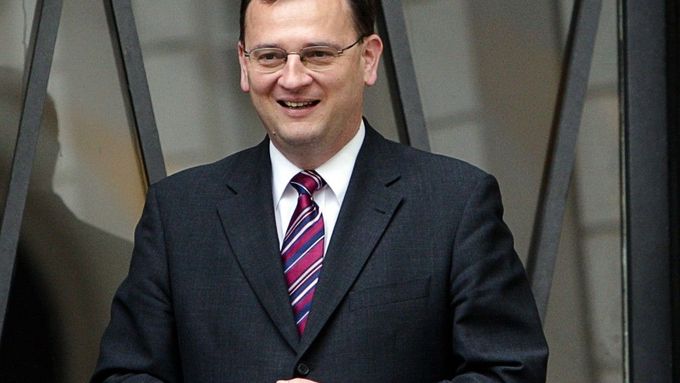Bratislava - The new Czech coalition government plans to reform the system of Czech intelligence agencies. During his visit to Bratislava, Slovakia, new Czech Prime Minister Nečas presented his vision.
Nečas is convinced that having three intelligence services - civilian intelligence, civilian counter-intelligence, and military intelligence - is a luxury the Czech Republic cannot afford.
Read more: Spy-quake: Czech secret services to be streamlined
"I think that the right way would be a merger, which means to have one intelligence agency and one counter-intelligence agency," said Nečas. Aktuálně.cz has learned that this possibility was already discussed during the coalition talks by experts from the three center-right parties that form the government - the ODS, TOP 09 and Public Affairs.
The other possibility would be to merge the civilian intelligence and civilian counter-intelligence into one service - in the same way that the military intelligence and counter-intelligence were merged into one agency.
However, the coalition has not agreed yet on how the reform should look like.
"It is a question whether a political consensus will be reached, I will say this very clearly. There are more important reforms. Opening new fields of conflict in the coalition, between the parties or departments - it is not worth it," Nečas said. This lack of consensus over the issue in the coalition means that it is not sure wheather the government will even start to implement the reform.
"Unprecedented rivalry" between agents
But the reform is likely to produce conflicts not only between the coalition actors, but above all between the intelligence agencies themselves which would probably be forced to lay off some of their officers. And, according to Nečas, this would constitute a threat of a secret war between agents.
"Each agency would try to persuade you that she is the one that should be the base of the transformation, with the other agencies being rogues - and I am using almost exact words here. The level of rivalry between them is unprecedented," Nečas said.
In addition, the PM made a reference to some political affairs revolving around former senior secret service officers. „The idea of ten Randáks running on the streets may be appealing to media, but it certainly won't be a good thing for the stability of democracy." Randák is a former director of the civilian secret service allegedly responsible for the so-called Tuscany affair of former PM Mirek Topolánek.
Read more: IN PICTURES: Vacationing Mirek Topolánek in the company of lobbyists
Read more: Topolánek says ČSSD spied on him in Italy
The reform is being discussed for years, and Topolánek's government (2006-2009) was trying to implement it, but was not successful.












